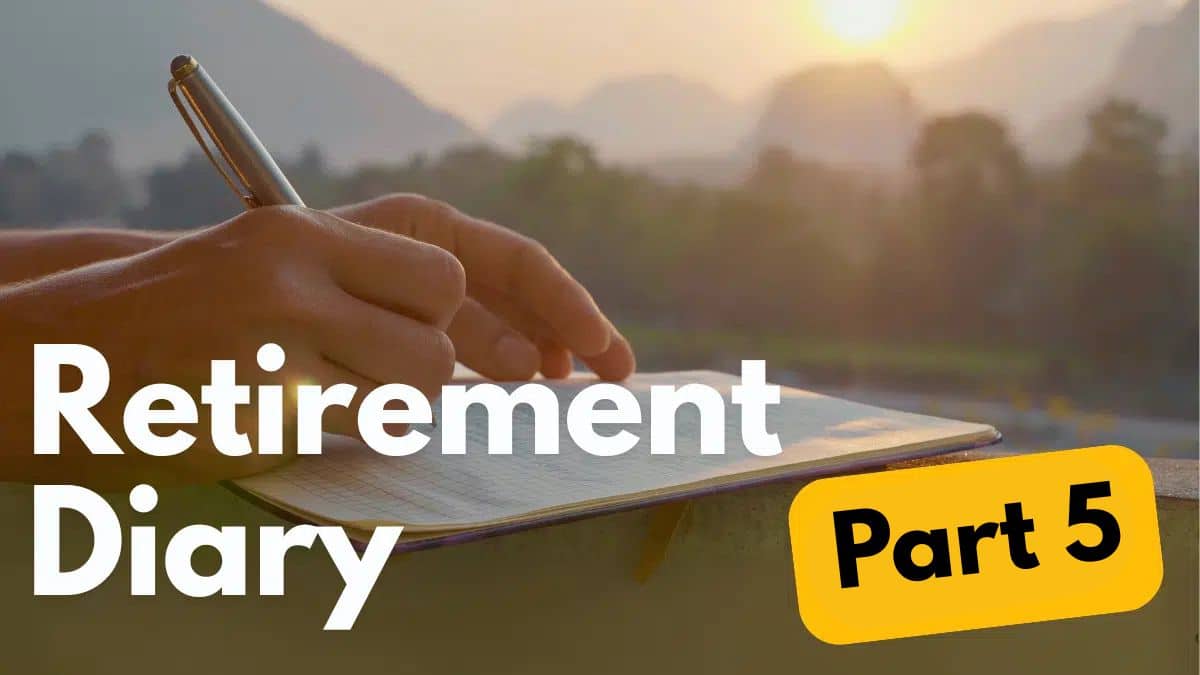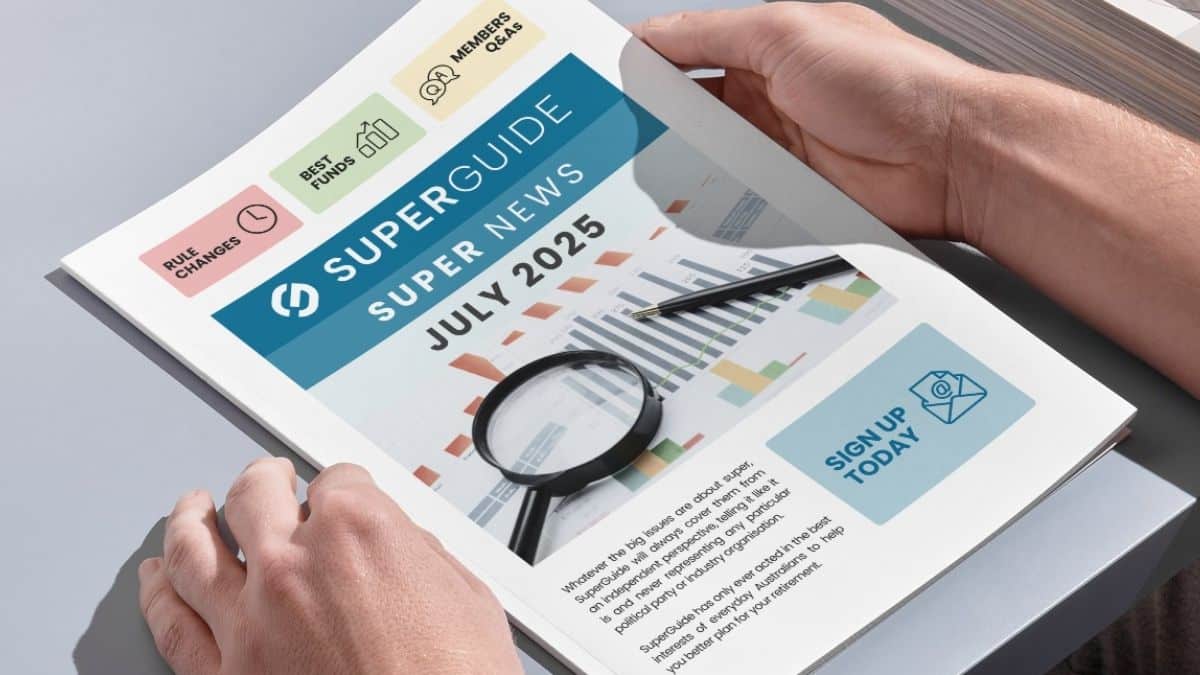Posts
-
My retirement planning diary (Part 5): The psychology of retirement
With so much focus on having enough savings to retire, it’s easy to forget what it’s all for – living!
-
How the First Home Super Saver (FHSS) scheme works
Let low taxes and a generous interest rate do the heavy lifting while you save for your first home in super.
-
Designing a fulfilling retirement: Insights from coach Dr Jon Glass
What does it take to retire well – beyond just having enough money? Retirement coach Dr Jon Glass shares powerful insights on purpose, identity, structure and self-awareness, and why designing a fulfilling retirement starts long before your final day of work.
-
Should you withdraw super before death to minimise tax for your beneficiaries?
If you are faced with a terminal illness and still have a substantial super balance, there are ways to minimise the tax your non-dependent beneficiaries end up paying.
-
Your tax guide to accessing your super under age 60
If you’re eligible and thinking about tapping into your super before you turn 60, it’s worth checking the tax implications first. In some cases, you may be better holding off for a while.
-
Your tax guide to accessing your super over age 60
Once you turn 60 and start withdrawing your super, the tax advantages of the super system come into play.
-
Dealing with an ATO breach notice for your SMSF
If your SMSF comes to the attention of the ATO for the wrong reasons, don’t panic; swift remedial action is generally the best policy.
-
3 steps to making a complaint about your super fund
When you have an issue with your super fund or its insurer, it’s important to know who to turn to and how to go about it.
-
Who to turn to if you have a problem with your financial adviser
The financial advice sector has done a lot in recent years to improve the overall quality of advice, but when things go wrong there is a structured complaints process.
-
SMSFs and cryptocurrency investments
As crypto investments surge in popularity, the ATO has issued guidance for SMSF trustees keen to dip a toe in the virtual asset water.
-
Tax-saving strategies only available to SMSFs
Super is arguably the most tax-effective investment vehicle, but SMSFs have more flexibility than large funds when it comes to managing tax outcomes.
-
Super fund mergers: What does it mean for members?
If your fund is involved in a merger, don’t panic. You could end up better off, but you do need to make sure your new fund is still a good fit.
-
8 warning signs of a dodgy financial adviser
Bad financial advisers are thankfully the exception rather than the rule, but they do exist so it pays to be aware of some common red flags.
-
How long does my super need to last in retirement?
Most people think about retirement planning in terms of savings and income — but there’s one crucial question that doesn’t get enough attention: ‘How long will your retirement actually last?’
-
Super contributions eligibility checker
Not sure what type of super contributions you’re eligible for? Find out fast and start making the most of your opportunities.
-
Super news for July 2025
Super switching scams on the rise, Retirement standard rises as renter budgets added, Super satisfaction up, New super standard on insurance, Seniors support super system.
-
Reducing tax on capital gains with super contributions
If you’ve made a capital gain this year, the tax office is knocking at the door. A personal tax-deductible super contribution could keep them at bay.
-
Case study: Transferring shares into your SMSF (an in-specie transfer)
There can be substantial tax benefits in transferring shares into your SMSF, especially once you retire, but strict rules apply.

















